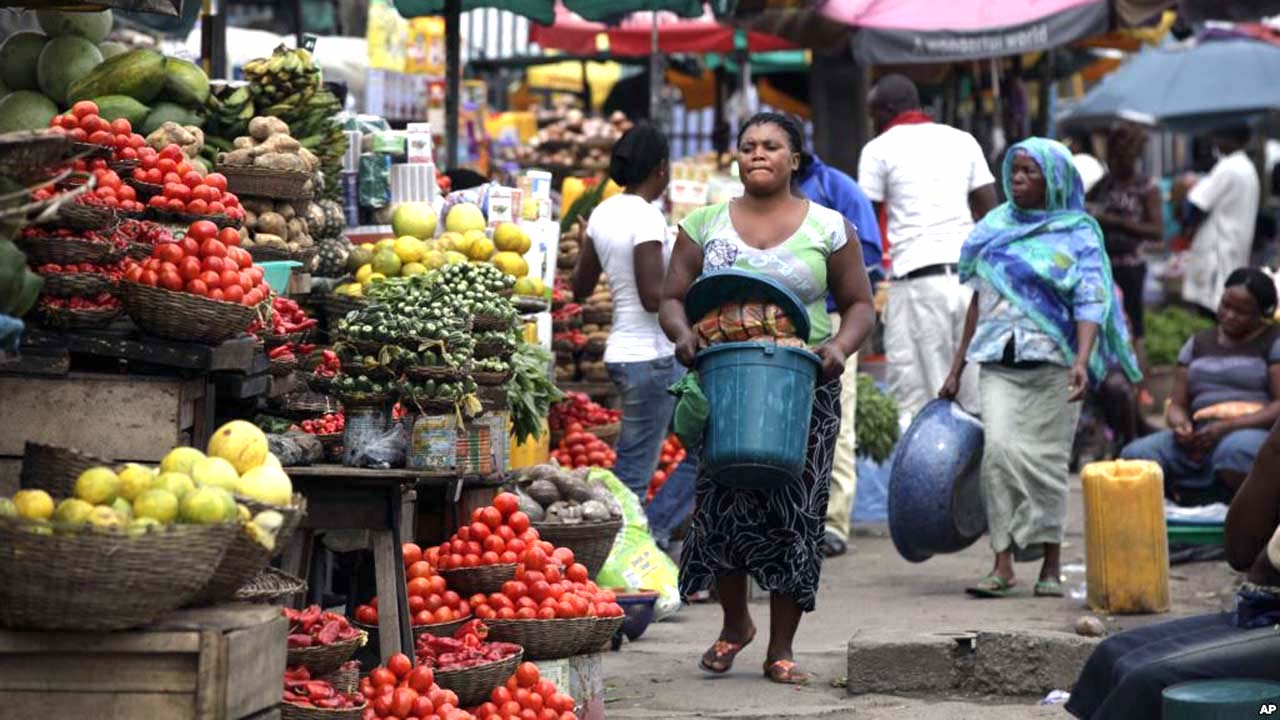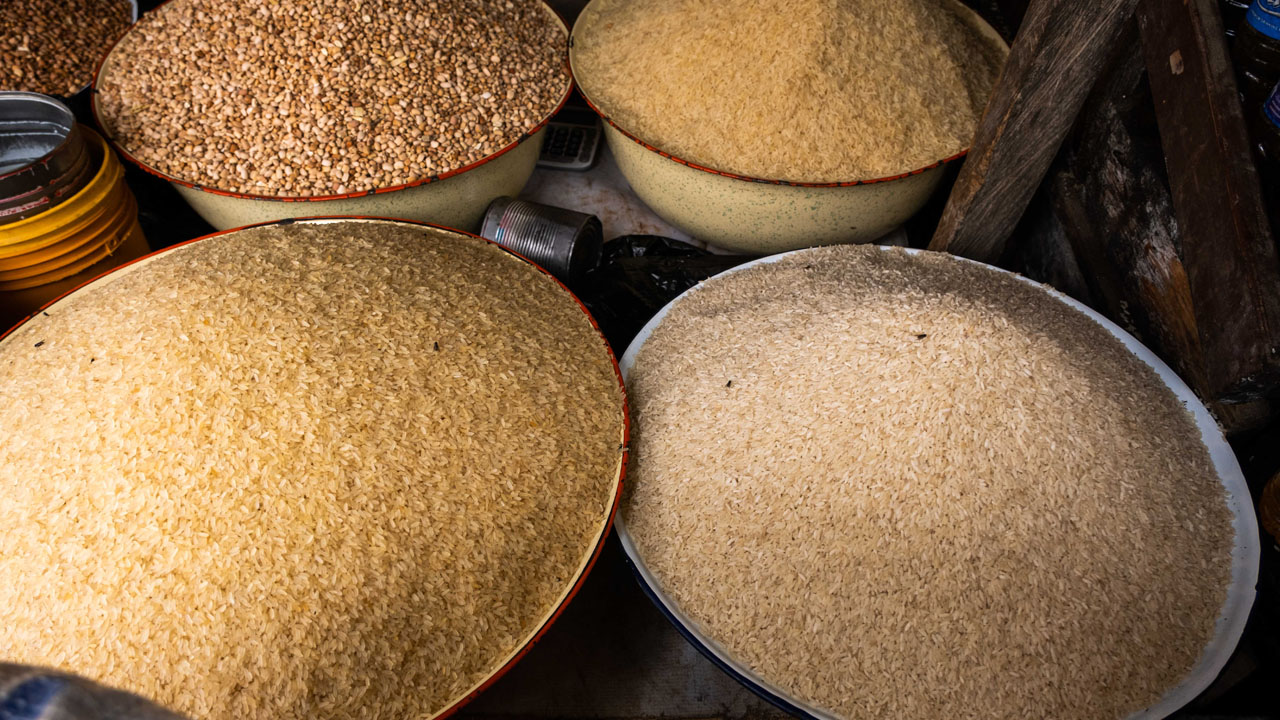

In January, Nigeria inflation rate keeps risingfor approximately 28 years, which increased the pressure on the monetary policy committee of the central bank to abruptly increase interest rates during its first meeting in seven months on February 26-27.
The annual increase in consumer prices was 29.9% last month, from 28.9% in December, according to data released by the National Bureau of Statistics on Thursday. In a Bloomberg survey, the median forecast of ten economists was for a 29.5% increase. Costs increased by 2.6% during the month.
Nigeria Cost Of Living - 'Throw-Away' Rice For Food

As the financial strain intensifies across northern Nigeria, an unexpected staple has emerged to alleviate the economic burden for many households - "afafata," the hard and rejected rice grains typically discarded by millers after processing. Referred to as "battling" in the Hausa language, these grains have become a symbol of resilience for families facing the harsh impact of soaring living costs.
Isah Hamisu, a rice mill worker in Kano, explained how attitudes towards afafata have shifted over the years.
“„A few years ago, people didn't care about this type of rice, and we usually threw it away along with the rice hulls, but times have changed.
Despite its broken, dirty, and tough nature, afafata has gained popularity due to its affordability, providing a lifeline for poorer families grappling with the increasing prices of essential commodities. Fish farm owner Fatima Abdullahi noted that the rise in demand for afafata has also impacted its price, as more people opt for this unconventional yet cost-effective option.
Nigeria is currently experiencing its highest inflation rate in nearly three decades, exacerbated by global pressures, the cancellation of the fuel subsidy by President Bola Tinubu, and the devaluation of the currency, the naira. The cost of a standard 50kg bag of rice has surged by over 70% since the middle of last year, surpassing the monthly income of a majority of Nigerians.
In response to the economic challenges, many families in the north are turning to afafata. Hajiya Rabi Isah, a resident of Kano state, emphasized the critical role this unconventional rice plays in her family's survival. "Normal rice is 4,000 naira ($2.70) per bowl, which is beyond my means. I can only afford afafata, which is 2,500 naira ($1.69) now,"she stated.
Market sellers, such as Saminu Uba in Kano's Medile market, have witnessed a surge in the popularity of afafata. "Most people can no longer afford normal rice, and they come for this, which is cheaper even though it tastes less good," Uba explained.
As protests against the rising cost of living gain momentum in various states, some citizens are finding solace in afafata as a practical solution. The presidency has initiated efforts to address the crisis by distributing over 100 tonnes of grains like rice, millet, and maize to mitigate the impact of inflation.
President Tinubu's decision to lift rice import restrictions, aimed at encouraging local production, has faced challenges due to a shortage of foreign currency and the declining value of the naira. Despite the complexities, afafata remains a symbol of resilience for many Northern Nigerians, offering a practical and economical solution in the face of economic adversity.
Conclusion
Nigeria's 28-year high inflation has prompted the central bank to raise interest rates. The surge in popularity of "afafata," the once-discarded rice grains, symbolizes resilience amid soaring living costs. With a 70% increase in standard rice prices, afafata offers an affordable alternative, showcasing adaptability amidst economic challenges for Northern Nigerians.
